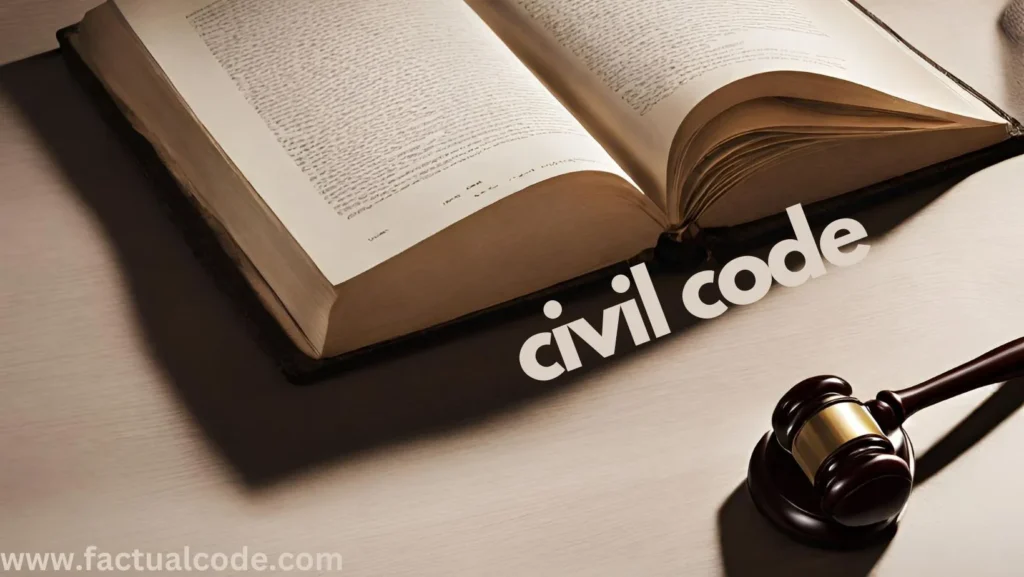I. Introduction 📘🧾📚
An appeal is when a person who is not satisfied with a court’s decision requests a higher court to review and possibly modify that decision. This mechanism serves to rectify potential errors made by lower courts and uphold justice. Under the Civil Procedure Code (CPC) of 1908, a person may appeal only if the law specifically allows it—it is not a natural right. 🏛️🧠📖
Sections 96 to 99-A and Order XLI of the CPC explain how to appeal a court’s decision (referred to as a “decree”) made by a trial court. 📑👩⚖️📂
II. What is an Appeal? 🔍🧾📖
While the CPC does not directly define “appeal,” judicial interpretations typically define it as a proceeding where a higher court scrutinizes the correctness of a lower court’s decision. 🧑⚖️📋🔍
Appeals continue the same case; they do not initiate a brand-new suit. 📝📚⚖️ They serve to correct errors made during the original proceedings. 📌📜🧾
The person filing the appeal is referred to as the appellant, and the higher court is known as the appellate court. 🧾📌📘
III. Legal Rules That Apply 🧑⚖️📚📜
A. Which Laws Apply ⚖️📃📘
Appeals from original decrees are governed by Sections 96 to 99-A and Order XLI of the CPC.
IV. Important Points About Appeals 📍📋🧠
A. The Right to Appeal 📌🧾📜
An appeal can be filed only when expressly allowed by law. 📚⚖️🧾 The right to appeal vests when the original suit is filed, as clarified in Veeraya v. Subbia Choudhry. 🏛️📑📆 In Delhi Cloth & General Mills v. IT Commissioner, the court held that a right to appeal created later by statute does not apply to cases already instituted. 🕰️📜🚫
B. Who Can File an Appeal? 👨⚖️📑📘
People directly involved in the case 👥🧑⚖️📂
Their legal representatives 👨👩👧📋⚖️
Anyone who received rights in the case, such as a transferee 🔁📜📄
Legal guardians of minors 👶📑👨⚖️
Others who are affected, with permission from the court 🙋♂️📋📘
V. Section 96 CPC: Main Rules 📜📖🔎
Appeals can be made against most decrees passed by trial courts. 🏛️⚖️📑
An appeal is allowed even against an ex parte decree (a decision made without one party being present). 🧾🚪📃
No appeal lies against a consent decree (a decision both parties have agreed to). 🤝📜❌
If the suit is of the nature cognizable by a Court of Small Causes and involves ₹10,000 or less, appeal is allowed only on a question of law. 💰📉⚖️
VI. How to File an Appeal 📝🧾📬
The appellant must prepare and sign a document called a memorandum of appeal, accompanied by a certified copy of the impugned judgment. 📃✍️📄
If the decree involves a monetary payment, the appellant may be required to deposit the disputed amount or furnish security. 💸🔐🧾
The grounds for appeal should be stated distinctly and concisely, avoiding verbose narratives or argumentative prose. 🗂️📝📌
Should the memorandum of appeal be procedurally defective, the court may reject or return it. In cases of delay in filing, a separate application for condonation of delay must be submitted. ⏱️📤📃
If the decree affects multiple parties on a common issue, one party may appeal on behalf of all. 👥🔁⚖️
VII. Key Court Cases 📚👨⚖️📖
Wada Arun Asbestos v. Gujarat Water Supply (2009) – Procedural errors in lower court decisions can be challenged in appeal. 🧾⚖️📄
Baldev Singh v. Surinder Mohan Sharma (2003) – Only aggrieved persons may file an appeal. 🙍♂️📜🧑⚖️
State of Maharashtra v. Hindustan Construction Co. (2010) – Appellate courts can permit amendments to memoranda of appeal. ✍️📋⚖️
Kaleidoscope India v. Phoolan Devi – Appeals require that the party have legal standing (locus standi). 🚫🧑⚖️📑
VIII. Consent Decrees and When You Can’t Appeal 🚫📜🤝
If both sides have agreed to the court’s decision (a consent decree), an appeal is not permitted. 🤝📃✅ An exception exists if the appellant can prove the decree was obtained through fraud or misrepresentation. ⚠️📜🚫
IX. Features of a First Appeal 🔁📋⚖️
First appeals may raise issues of fact, law, or both. 📚⚖️📌
The appellate court has the power to confirm, reverse, or modify the decree. 🔄🧾✍️
The court may remand the case to the trial court for further examination. 🔁🏛️📂
A cross-objection allows the respondent to object to parts of the decree even if they did not file a separate appeal. 📑✍️🧾
X. Conclusion 🎓📚🧠
Appeals from original decrees help ensure fairness and correctness in judicial decisions. They are not automatic but must strictly follow legal procedures. When used properly, appeals serve as an effective remedy to address errors in trial court judgments. Understanding the procedural and legal framework for appeals is essential for students and practitioners of civil law. ⚖️📘🔍
References- The Code Of Civil Procedure, 1908 www.indiacode.nic.in www.indiacode.nic.in www.writinglaw.com indiankanoon.org The Delhi Cloth & General Mills Co. Ltd. vs The Commissioner Of Income-Tax, New … on 9 August, 1971 Wada Arun Asbestos (P) Ltd vs Gujarat Water Supply & Sewerage Board on 16 December, 2008 Baldev Singh vs Surinder Mohan Sharma & Ors on 1 November, 2002 State Of Maharashtra vs M/S Hindustan Construction Co.Ltd on 1 April, 2010 M/S. Kaleidoscope (India) P. Ltd. And … vs Phoolan Devi And Others on 19 January, 1995

